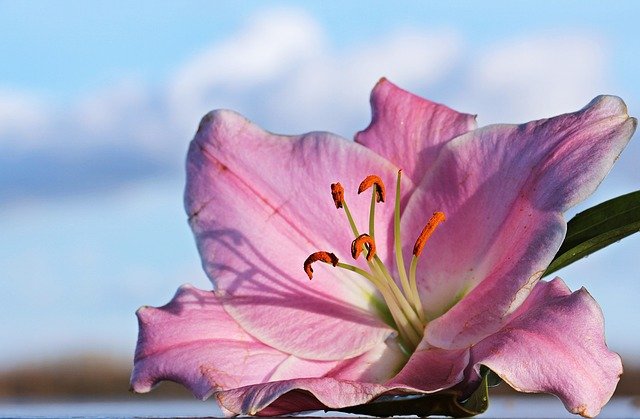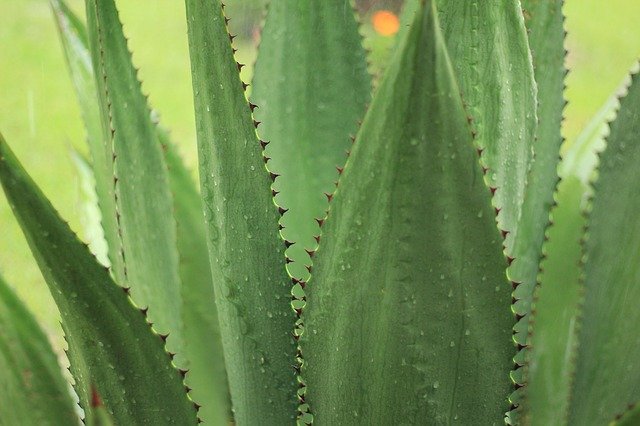If you're a keen gardener, you probably know that plants are capable of reproducing in numerous different ways. Most commonly, plants reproduce using seeds, but some species propagate a different way - by producing bulbils.

What are bulbils?
Bulbils are small nodules that appear on stem of an existing plant, sometimes in place of a flower. These nodules contain the exact same genetic material as the parent plant, so put simply, bulbils are a clone of their parents! This form of reproduction is asexual, so the plant didn't need to be fertilised by the pollen on a passing bee in order to create offspring.
When the bulbils are fully matured, they fall from the parent plant and establish roots of their own in the soil to create an entirely new plant. Gardeners can carefully remove bulbils from plants and move them to a new location to create a clone of an existing house plant - cool right?!

What's the difference between a bulb and a bulbil?
While a bulbil is part of a plant's reproductive organs, a bulb is an organ that the plant uses to store nutrients during the winter months. These two parts of the plant have very distinct roles, but there is some cross-over.
There are some bulbous plants that reproduce by creating bulbils, but there are some non-bulbous plants that reproduce in this way too. Lillies, for example, are a true bulbous plant AND they reproduce by creating bulbils. However, other species of plants like agave and yuccas are not bulbous, they're succulent, but they do reproduce by creating bulbils!
Garden weeds that reproduce using bulbils
Unfortunately, some garden weeds use their bulbils to spread throughout your garden. Not needing to be fertilised in order to reproduce makes the job of colonising a whole lot easier, that's why it's important to keep bulbil producing weeds at bay. Some common lawn weeds that use bulbils to reproduce are:
- Lesser Celandine - from the buttercup family
- Spanish Bluebells - a bulbous perennial
- Oxalis - also known as a false shamrock!
So, there you have it! Everything you need to know about bulbils! If you have any questions, or if you've noticed an influx of weeds with bulbils in your garden, speak to the experts at Total Weed Control - 029 2039 7554. We can help you get the problem under control in no time!
Contact Total Weed Control >
